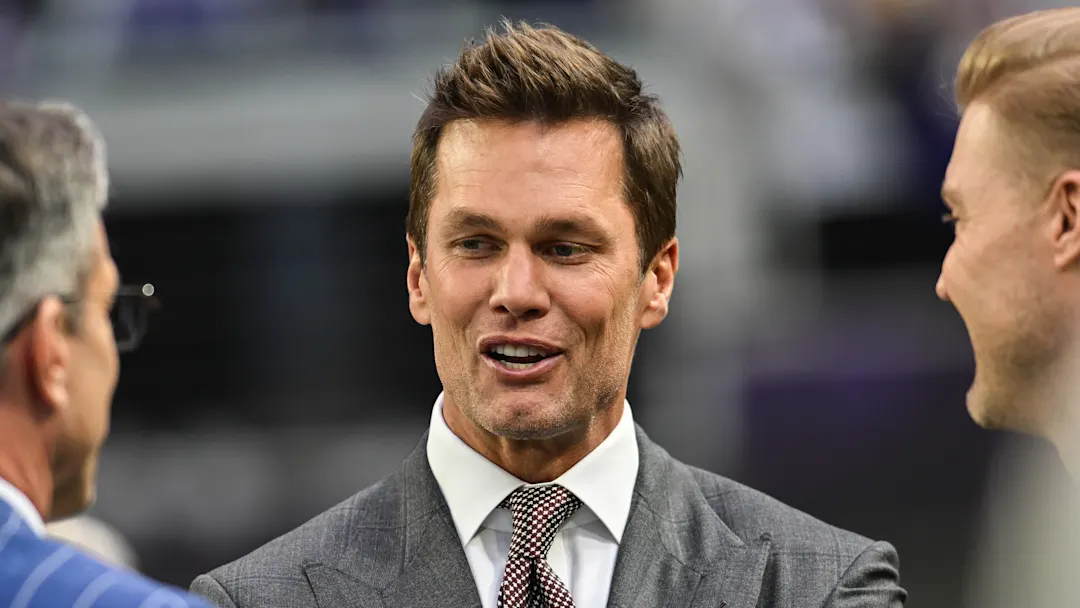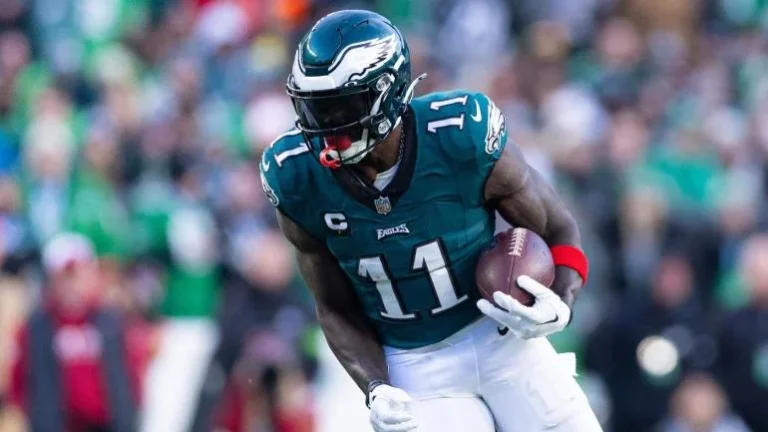NFL 2024
This comprehensive breakdown of the 2024 NFL season highlights how the league continued to dominate not just on the field but also in the business arena. Below are some key takeaways and analyses:
Private Equity Joins the NFL
The NFL’s cautious entrance into private equity marks a seismic shift in the league’s ownership landscape. By capping investments at 10%, the league ensures a controlled transition while allowing teams like the Bills and Dolphins to leverage this for massive funding. The NFL’s deliberate approach demonstrates its intent to maintain tradition while modernizing financial practices.
Tom Brady: Dual Roles in Ownership and Media
Brady’s dual roles as a minority owner of the Raiders and a high-profile broadcaster for Fox highlight the challenges of balancing these positions within NFL guidelines. Despite restrictions on accessing certain team insights, Brady’s involvement underscores the league’s ability to adapt to evolving player-legends’ careers while safeguarding competitive integrity.
Netflix and NFL’s Christmas Dominance
The NFL’s decision to partner with Netflix for Christmas games reflects its mastery of media monetization. The league’s ability to outshine the NBA in holiday viewership reaffirms its unparalleled status in American sports entertainment. Netflix’s entry hints at potential future collaborations, further diversifying the NFL’s broadcast portfolio.
Sunday Ticket Antitrust Lawsuit Resolution
The dismissal of a $14.1 billion antitrust lawsuit represents a monumental victory for the NFL. This resolution preserves the Sunday Ticket’s operations on YouTube, underscoring the league’s resilience and ability to safeguard its media empire.
Running Back Revolution
Teams benefiting from acquiring top-tier running backs at reasonable costs illustrate a savvy market strategy. While the league increasingly prioritizes wide receivers in financial valuations, these moves signal a potential shift in recognizing the strategic value of running backs.
New York Teams’ Struggles
The Jets’ and Giants’ poor performances, juxtaposed with the NFL’s national popularity, highlight the league’s ability to thrive irrespective of struggles in major markets. Small-market teams like Buffalo and Kansas City continue to carry the torch, reinforcing the NFL’s broad-based appeal.
Kirk Cousins: Business Hall of Fame
Cousins’ financial acumen, demonstrated by his record-breaking contracts, cements his legacy as one of the NFL’s savviest players off the field. His earnings trajectory reflects the league’s lucrative player opportunities for those who strategically navigate free agency.
Cowboys’ Contractual Strategies
Jerry Jones’s delayed commitment to key players like Dak Prescott and CeeDee Lamb illustrates a curious negotiation pattern. While ultimately rewarding top talent, the approach suggests a calculated, albeit risky, financial strategy.
Contracts for Love and Tua
The parallel contracts of Jordan Love and Tua Tagovailoa underscore the evolving quarterback market. The Packers’ and Dolphins’ differing approaches to structuring deals reflect organizational philosophies and the players’ perceived potential.
Belichick’s Transition to College Coaching
Bill Belichick’s move to the collegiate ranks exemplifies the changing perceptions of NFL coaching legends. His pivot to North Carolina highlights how even the most storied careers can face resistance in an evolving league.
This year showcased the NFL’s remarkable adaptability in the face of new challenges, reinforcing its dominance as not just a sports league but a multifaceted business empire. Each of these stories exemplifies the NFL’s ability to innovate while maintaining its cultural and financial supremacy.





